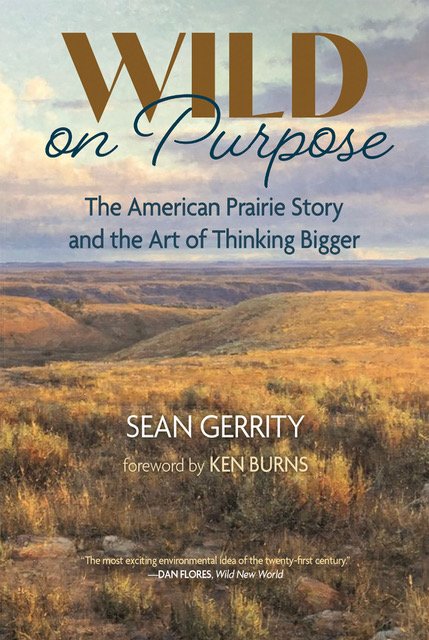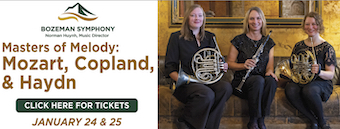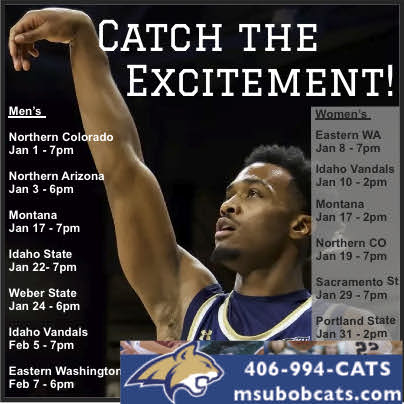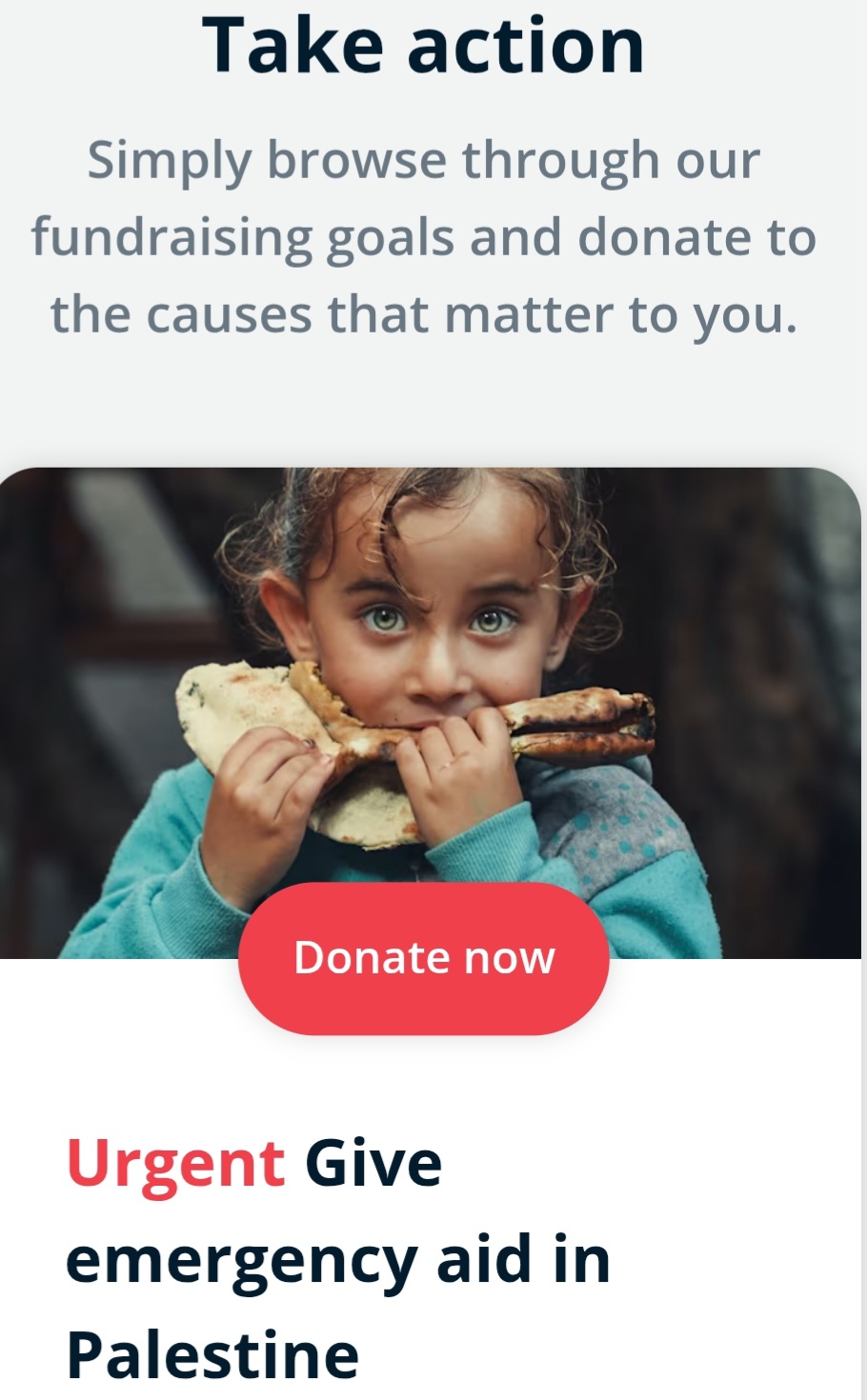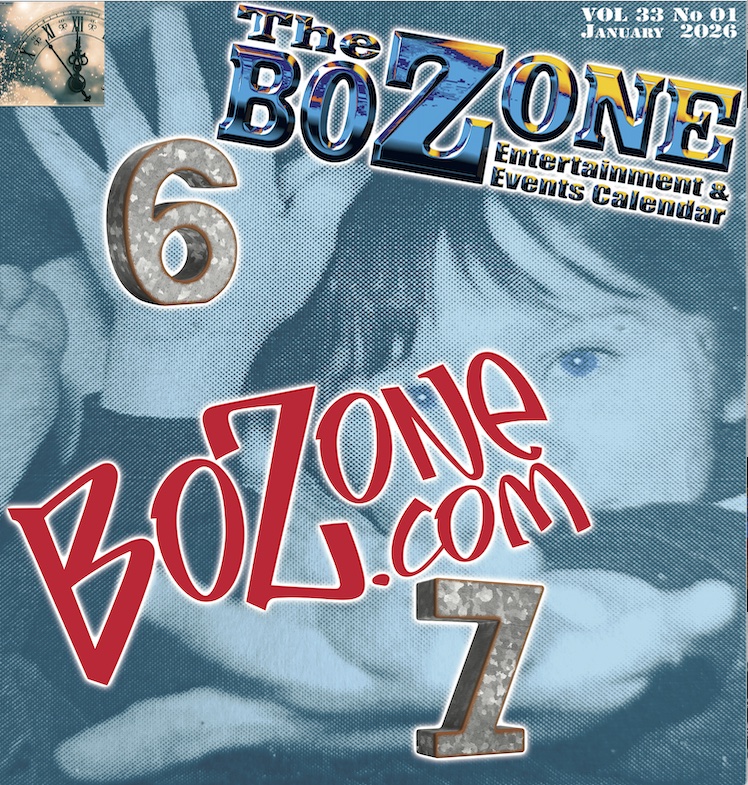Texan songsmith Hayes Carll fronts two mountainside shows this month
Acclaimed singer/songwriter Hayes Carll brings a pair of performances to Southwest Montana at month’s end in support of his hailed new album, What It Is. The winter-released LP follows 2016’s deeply personal Lovers and Leavers and features 12 dynamic, timely tracks that find Carll in a wiser phase of life – rejuvenated on a new creative plateau. Carll’s vivid imagery and unique ability to put complex emotions into words makes his music instantly relatable.
Over the past decade, Carll has proven himself to be one of roots music’s strongest songwriters, winning an Americana Music Association Award for ‘Song of the Year’ for his single “She Left Me for Jesus.” He also garnered a ‘Best Country Song’ Grammy nomination for writing the Lee Ann Womack hit “Chances Are.” In addition to his own thought-provoking storytelling, his new album features co-writes with Matraca Berg, Adam Landry, Lolo, and Charlie Mars, as well as fellow musician and wife Allison Moorer.
Spanning from catchy ballads to bold, Texas stomps, What It Is addresses topics ranging from the current socio-political climate to navigating the continuous change of relationships. The new collection of songs weaves intricate and often emotional lyrics with sly political commentary and well-executed, subtle sarcasm, making for some of his most nuanced work yet. The record has garnered high critical praise from a multitude of outlets including Rolling Stone, The Wall Street Journal, American Songwriter and No Depression, among others.
In anticipation of his Montana shows, the Rolling Zone spoke with Carll about the new album, perils of overthinking and utility of carefully deployed humor.
Rolling Zone: You’re all the way over in Northern Florida amid a busy summer tour calendar. Getting this new album out on the road and into the ears of the people probably leaves little time for rest. How has the response been thus far?
Hayes Carll: It’s hard to tell these days through record sales, how people are responding, but it’s been really good. Every night I see people singing along and it feels like they’re connecting with the songs – and the crowds keep getting better. That’s kinda how I determine whether it’s working or not, if people are showing up.
RZ: You’re bringing a string of performances to the Treasure State later this month, all of which have the bonus of scenic outdoor settings. If I asked you to get us hyped for these shows, what would you say we’re going to experience when you guys take the stage?
HC: Oh boy, I’m not a very good hype man [laughs]. I’ll have the full band with me, for starters. That gives me the ability to create whatever I want to do musically. We try to give people a ride with the shows, take them [through] a whole range of emotions. I’ll do everything from full band, kind of rock and country stuff, to stripped down – we’ll do like a front porch session where everybody comes up and plays acoustically, a more intimate thing. And I’ll do some songs solo. It’s fun for me and it feels like the audience really appreciates it because we’re giving them the whole range of things musically, and hopefully emotionally as well. You can dance and have fun, and you can cry in your beer.
RZ: In terms of venue, does the open air at these outdoor shows diminish the sound quality theater and arena-goers are used to? Or does the outdoors add to the experience?
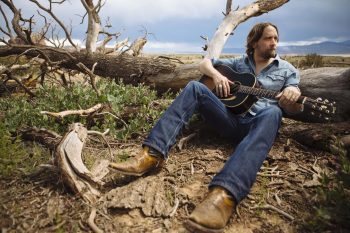
photo by David McClister
HC: Every venue is different, indoor and outdoor. Believe me, there’s a lot of indoor venues that sound terrible. It just depends on what sort of setup it is. I don’t have any problem playing outside, I love playing outside. As a performer and as a fan, there’s just a freedom to watching a show out there and having those backdrops, more beautiful than any backdrop I could ever carry on the road. And it opens things up. It can be more challenging to be as intimate, but that’s the fun challenge to try and connect with people when they’re farther away or spread out. I think I’m up to the task, hopefully [laughs]. As a performer, it’s a lot of fun too. It feels more significant in some ways, like you’re out there in nature. You’ve got the sky above you and the beautiful mountains, grass around you. That’s really cool for me.
RZ: Speaking of festival-like settings, you’re returning to Willie’s 4th of July Picnic before coming up to Montana. What a way to celebrate Independence Day. Must feel pretty good to be a part of such a tradition.
HC: To be invited to do anything with Willie Nelson, I’m still sort of pinching myself. One of my first musical memories was hearing Willie. He’s just such an icon and such a hero. It still feels surreal sometimes that I’m getting to do shows with him, especially one as iconic as the 4th of July Picnic. That’s one of the best parts about my job is getting to make music with my heroes – although I’ve yet to meet Willie, weirdly. I recorded my first record at his studio in Texas, at Pedernales. We were on the same label for a while and I’ve done a bunch of shows with him, but I have yet to meet the man. I’m hoping this Fourth of July I can correct that and get to say hey to him in person.
RZ: What It Is is your first release on Dualtone and sixth overall. What was your headspace going into the studio for this one? What were you looking to create?
HC: I like eclectic records. I love records that have a consistent sonic tone throughout, but it’s never been how I’ve made [them]. To me, each song sort of has its own personality and identity. On my last record, it was the only time I’ve ever gone in and said I’m going to have a consistent sonic palette. I thought that made a really cool record, but on this one I sort of went back in like anything’s on the table. So we brought in strings and we brought in horns, there’s some songs that sound like Johnny Cash and there’s some songs that are straight-ahead rock n’ roll, some are folk songs. We didn’t put any limitations on it and just tried to have fun and be creative.
RZ: How did that align with the lyrical content?
HC: I look at things in a more micro way, I guess. Each song has its own story, and we try to tell that story as well as we can. When you’re done, you kind of get all the pieces together and say, ‘does this make an album.’ How does this come together and how do you tell that story in a larger way – not just the one song, but twelve. Each one’s sort of its own chapter. How do you put those together. So I went in with Brad Jones, who I’d worked with on two of my records in the past, and my now wife Allison Moorer. She co-wrote a lot of the songs with me and served as a co-producer as well. They both have really great ideas and vision and arrangement abilities. For me, I like to write the song and get in there and surround myself with really talented people that can help me sort of realize the vision and experiment as well. See what we come upon.
RZ: You called these songs chapters and they’re probably all your little musical children, but are there one or two on here you feel like you really just landed? Can you play favorites?
HC: It’s hard on this record because I approached a lot of these songs in a more, maybe direct way as a songwriter. As a result, they’re more personal to me than any collection of songs I’ve done in the past. And personal in different ways. There’s songs about my relationship with Allison that I’m really proud of and enjoy. Some of those are fun and some are heavy, different aspects of the relationship. Then there’s a couple called “If I May Be So Bold” and “What It Is.”
RZ: Funny. Those were the two I was planning to ask about.
HC: They’re each sort of mantras for me. [“Bold”] is a reminder to not sit on the sidelines and live in fear, to go out and live my life. When I’m singing that every night, it’s a reminder. And I appreciate that. I definitely have songs where I’m just singing about… beer [laughs]. Having this sort of call to arms to go live feels really meaningful. And then “What It Is,” the title track, is a similar thing. The chorus – ‘What it was is gone forever / What it could be, God only knows’ or ‘What it is is right here in front of me / And I’m not letting go’ – is also a reminder to be in the moment and not stuck in the past or obsessing about the future and trying to control it. I’ve been out here on the road for almost 20 years and I think I spent too much of it not being where I actually was. That song reminds me every night that you’re here and you’ve got people in front of you that are experiencing this with you. You’ve got a group of musicians on stage experiencing and creating this with you. And whether it’s Ponte Vedra, Florida or Austin, Texas or Bozeman, Montana, that’s where I am and that’s a unique and special place. To be worrying about what I did yesterday or thinking about what’s happening tomorrow doesn’t serve me really well. If I do that too much, I miss out on that actual moment and there’s some pretty special moments in this life. I’m just trying to appreciate and enjoy them. I love that song because it’s a reminder, and I need reminders. On this record, whether it’s things like that or the significance with my relationship, to me it’s cool to go through the night and perform these songs and feel connected to the music in that way.
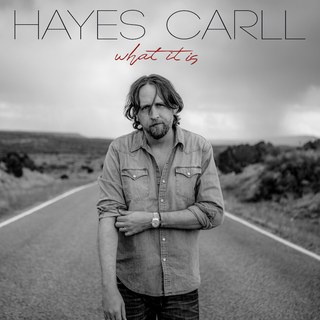
RZ: Lyrically speaking, you’re known to use humor and dry wit to tackle different subjects – some lighthearted, others bearing more weight. Do you think facetiousness weakens credibility when you’re trying to drive an important point home?
HC: I think you have to be careful. If you’re just being facetious and that’s your only way of communicating, you risk having people tune out and you lose some credibility. But humor and satire can be really effective tools for saying what you want to say and doing it in a way that people can connect and relate to. It gives them another entrance and it’s not preaching at them. I love songwriters like John Prine and Todd Snider. They use humor really effectively because, for the most part, they’re really empathetic songwriters. You have empathy for these characters whether you agree with them or not. I look around the country these days and see a major lack of empathy, and I think that makes it really difficult for us to hear or care about each other. As a songwriter, you can point your fingers at people or call them out directly, but oftentimes your intended target misses the point because they’re going to get defensive. If somebody attacks you, you’re going to get defensive. And whether that’s in your relationship or with a stranger or as an audience, I think you lose what you’re trying to accomplish. So, I’m a big fan of empathy and understanding and humor allows me as a songwriter to do that in a way few other tools do.
RZ: You’ve got the new album out and a busy summer calendar, but what’s next for you?
HC: We’ll actually go up to Canada for a little bit, and then I’m going to do a run up from Texas to San Francisco for Hardly Strictly Bluegrass. Then my wife has just written a memoir and it’s being released at the end of October, with an EP as well. She’s going to go out and do some hybrid shows of book readings and performance and I think I’m going to go kick around and be her tour manager. Just drive the car and not do the performing part and get to spend some time together. I’m really excited about this memoir and the record for her. They’re both brilliant and it’s going to be fun seeing how it’s received.
RZ: And yourself? Thinking of some new music down the line?
HC: I’ve been doing a lot of writing lately and I’m hoping to put out some kind of project pretty early next year. Maybe like a stripped-down, acoustic approach to some of the songs from this last record, or it may just be a whole new batch of songs in EP form. It’s still taking shape, but I definitely want to keep creating. I’ve got a lot of things I’m working on I really enjoy. I’m looking forward to getting that out sooner than later and then probably come back with a full-length record, keep it going. I spent too many years on the sidelines. Life happens and fears and insecurities are going to keep you from doing what you need to do. I went through that stage in my life and I’m ready to not let it happen again [laughs]. For me that’s about creating and engaging, so I hope to be putting that stuff out pretty consistently in the near future.
RZ: Sounds great. In the meantime, we’re excited about the Montana shows.
HC: Looking forward to getting out there. Beautiful country and folks have always been really good to me. They’re going to be fun shows.
Hayes Carll visits Big Sky’s Town Center Park as part of ‘Music in the Mountains’ on Thursday, July 25th at 7pm. The summer music series is free of admission and open to all ages. Additional details can be found at www.bigskyarts.org. The following evening, Carll fronts a follow-up show at Pine Creek Lodge on Friday, July 26th. The venue is just outside Livingston with the music set to begin at 7pm. Advance tickets to this all-ages event are $25 at www.pinecreeklodgemontana.com or $28.50 in-store at Cactus Records. Day of show tickets will also be available at the door for $30, depending on availability.
Following the Bozeman dates, Carll will share the stage with Trampled by Turtles for an all-ages performance at Missoula’s KettleHouse Amphitheater on Saturday, July 27th at 8pm. Find ticketing and further information at www.logjampresents.com.
Learn more about Carll at www.hayescarll.com or find him on Facebook and Instagram for updated tour details and other announcements. His new album, What It Is, is available now. •

